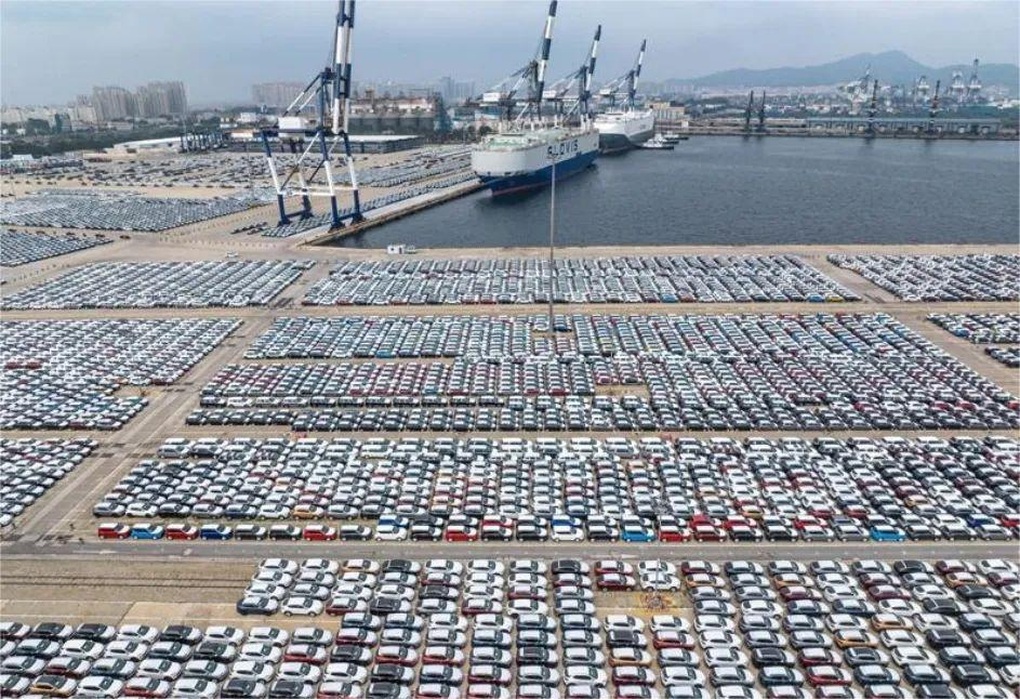
As the European Union (EU) considers the possibility of imposing high import tariffs on Chinese electric vehicles to protect manufacturers in the region, BMW and Mercedes have expressed their opposition to this move, stating that it could have counterproductive effects.

The EU will make a final decision on tariffs on Chinese electric vehicles in November this year (Image source: Car News China).
To encourage the development of the domestic automotive industry, China has implemented various measures to support domestic companies producing electric cars and electric vehicle batteries.
This policy has been very successful, but now Chinese auto companies are producing an excess of vehicles, surpassing the domestic market demand, leading to concerns that they may sell cars at very low prices, engaging in unhealthy competition with European car manufacturers.
However, both BMW and Mercedes have manufacturing plants in China, and they believe that erecting tariff barriers on cars and car parts manufactured in China could hinder the transition to electric vehicles in Europe.
"We don't think the European automotive industry needs to be protected in that way," BMW CEO Oliver Zipse shared with Reuters. "We cannot roll out the Green Deal plan in Europe without a supply source from China."
According to Reuters, Mercedes CEO Ola Kaellenius also agrees, emphasizing that he has recently spoken out against restricting trade with China. In fact, he has previously suggested that the EU should reduce tariffs with China, rather than increase them.
However, not all European car manufacturers share this view. Renault CEO Luca de Meo believes that Europe should support the region's automotive industry and proposes that car manufacturers should come together to compete with Chinese vehicles.
The EU's investigation into Chinese electric vehicles is expected to conclude in November this year, but the imposition of tariff barriers could be implemented as early as July.
Hãy là người đầu tiên bình luận!
Bình luận: